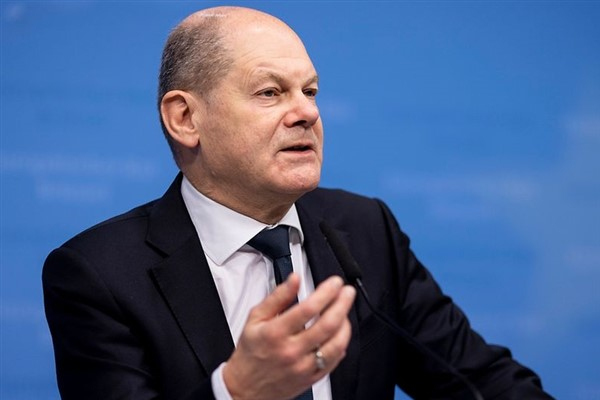Russia's central bank has increased interest rates, effective today, due to "significant" changes in the economy. In addition, the Ministry of Finance said in an e-mail statement that from February 28, Russian companies will have to sell 80% of their revenues in foreign currency.
The announcement of harsh measures, especially the freezing of Russian transactions by Western countries, has paralyzed the Central bank. In defense of the ruble, reserves of $630 billion, equivalent to 44% of GDP, will not have a viable function. Russia, on a reciprocal basis, ordered professional stockbrokers this morning to suspend the execution of all orders by foreign legal entities and individuals to sell Russian securities from Monday morning. The financial system stages that must go through when reserves are held and wanted to be sold make it nearly impossible to use in a ruble crisis. At this point, local reserve resources and gold reserves of 130 billion dollars, which are generally sold in the domestic market, will not be sufficient. The ruble is extremely volatile and has seen a 15% daily depreciation, but much wider margins have also been seen.
It is unclear how far Putin can go, but it is clear that the sanctions will force Russia to withdraw and negotiate. Otherwise, a period of serious economic strain, a multidimensional financial crisis and a budget crisis may be waiting for Russia. In fact, the situation does not look very encouraging for the EU, and the USA has started serious strategic steps. The convincing of Nord Stream 2 and the EU's SWIFT sanction is an indication of this. The fact that the Russian threat is alive will have to push Europe, especially Germany, to high defense expenditures, and this will cause the allocation of economic resources to heavy industry trade, not productivity. And, of course, the fact that energy-dependent Europe will turn to other partners and possibly incur the new costs of the emerging market. Sustainability in the economy is getting harder.
Kaynak Tera Yatırım
Hibya Haber Ajansı





